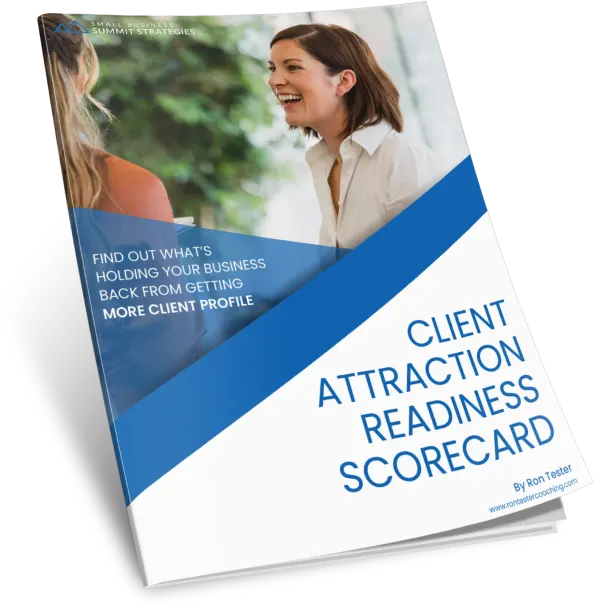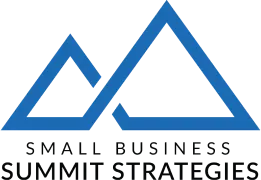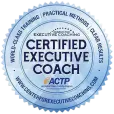
Strength to Stand
(When Business Tests Your Resilience)
What Marcus Aurelius Knew About Success That Most Entrepreneurs Ignore
I heard the news during our Monday morning staff meeting at 8:30 AM. One of our biggest referral sources—gone, just like that. No warning, no negotiation. Just a polite, corporate explanation about “new priorities” and “value-based care.” But I knew what it really meant: hundreds of patients we could have helped would never make it to us. Or any other home health agency.
And the doctor who once sent them? She was walking away with a six-figure check instead. We had worked with her for years. She knew our results. She knew how much her patients benefited from our care. But when she joined an Accountable Care Organization (ACO), the incentives changed. The less care they approved, the bigger their year-end bonuses. And in her case, that bonus was worth about $120,000 a year.
We tried to win her back. We sent her patient testimonials—from her own patients. We presented data showing how much our care improved outcomes. But none of it could compete with that kind of money. The door had closed.
I felt shaken. This wasn’t just about lost revenue—it was about all the patients we wouldn’t be able to help. These were people who could have benefited from our care, who would never make it to us now.
Marcus Aurelius wrote, “Be like the rock that waves keep crashing over. It stands unmoved, and the raging of the sea falls still around it.”
In business, waves will always come. The question is: will you stand or will you break?
What Resilience Really Means
I see it now in my coaching practice—the different ways business owners handle unexpected setbacks. A few years ago, one of my clients, who runs a senior care business, was (sort of) counting on a major grant from a nonprofit foundation. Everything was lining up perfectly. The funding—more than $150,000—would have accelerated her growth plans significantly.
When she learned she didn’t get the grant, she was disappointed, of course. But instead of letting it derail her, she turned to her contingency plans. She knew this could happen. She had thought through her alternatives. Yes, it would take longer to reach her goals, but she kept building and kept moving forward.
Today, her business has achieved the growth she envisioned. The path was different than she had planned, but her resilience made it possible.
The Foundation of Strength
Marcus Aurelius also wrote, “Our inward power, when it obeys nature, reacts to events by accommodating itself to what it faces—to what is possible.”
In business, this means building yourself into someone who can weather storms. It’s not just about having backup plans—it’s about becoming someone who can handle whatever comes your way. Someone who can:
- Face setbacks without being broken by them
- Make clear decisions in unclear situations
- Keep perspective when others are losing theirs
- Remember that your business is part of your life, not all of it
The Three Pillars of Resilience
Through both running my own business and coaching others, I’ve learned that resilience requires strength in three areas:
- Financial Resilience Having reserves isn’t just about money—it’s about buying yourself the clarity to make good decisions when challenges hit. When you know you can weather a storm, you make better choices about how to respond to it.
- Operational Resilience This means building a business that can adapt. When that referral source left us, it hurt. But we had built systems and relationships that could survive the loss of any single component. Nothing—no client, no employee, no revenue stream—should have the power to break you.
- Personal Resilience This is where it all starts. The stronger you are personally, the stronger your business becomes. For me, this means protected time for thinking and planning, regular exercise, and maintaining relationships outside of business. These aren’t luxuries—they’re the foundation everything else stands on.
The Daily Practice of Strength
Building resilience happens in small moments, day after day. It’s in the habits you build, the boundaries you maintain, and the perspective you choose to take.
I start (almost) every day with protected time for reading and reflection. This isn’t just about personal growth—it’s about building the mental strength to handle whatever the day brings. When that doctor stopped sending us patients, this practice helped me weather the storm instead of freaking out. Or at least freaking out less than I otherwise would have.
Most importantly, remember that setbacks aren’t failures—they’re opportunities to prove your strength. Each challenge you face builds your capacity to handle the next one.
The Reality Check
Today, when I think about that Monday morning staff meeting, I’m grateful. Not for losing the referral source, but for the reminder that resilience isn’t about avoiding challenges—it’s about being strong enough to face them.
Look at your business right now:
- Could you handle losing a major revenue source?
- Do you have contingency plans for your main goals?
- Are you building your personal strength as deliberately as your business strength?
The Path Forward
Marcus Aurelius reminded us, “The impediment to action advances action. What stands in the way becomes the way.”
Every setback is a chance to build strength. Every challenge is an opportunity to prove your resilience. Every wave that crashes against you is a reminder that you’re still standing.
What will you do today to build your strength?




